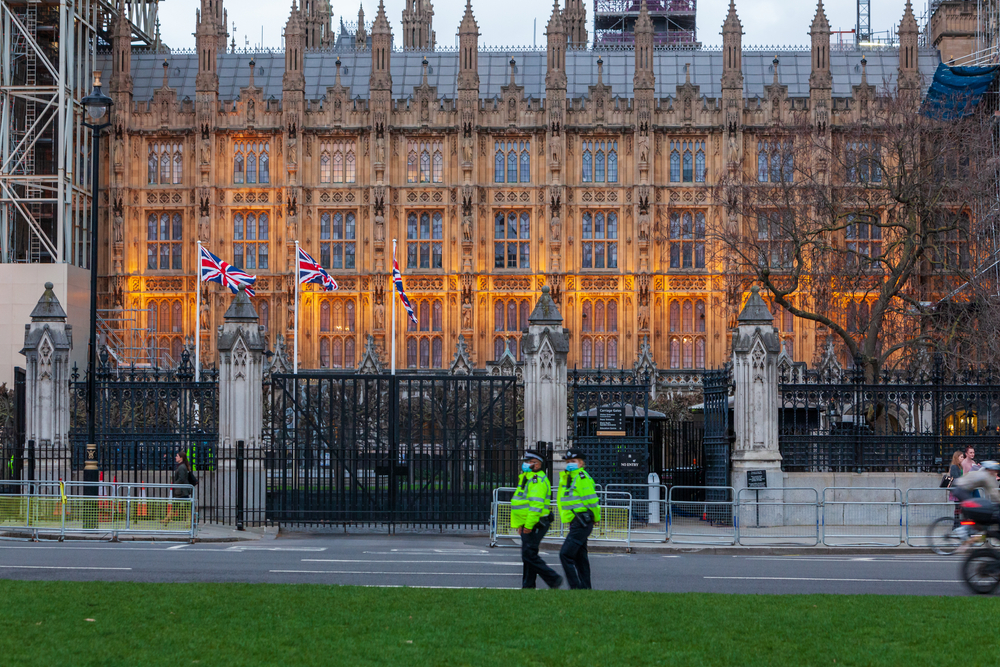As the UK looks to expand the impact of its economic sanctions on Russia, the government is accelerating the implementation of new laws that target money laundering.
Set to be brought in early next week, The Economic Crime Bill will halt the UK’s property market from being used as a tool to launder money.
Under the new legislation, individuals will be forced to identify themselves in order to purchase UK property, as the laws seek to specifically target oligarchs that use agents to form companies to then purchase assets in the UK.
The Treasury will also intensify sanctions enforcement by introducing a deeper ‘strict civil liability test’ for monetary sanctions, rather than the current one which requires firms to have knowledge or a ‘reasonable cause to suspect’ sanctions are being breached.
This seeks to increase efficiency in the way that the Office for Financial Sanctions Implementation (OFSI) imposes significant fines. A further change will mean OFSI will be able to publicly name organisations that have breached financial sanctions, but have not received a fine.
Looking to ensure the laws are as far-reaching as possible, it will also target digital currency – through the body’s ‘Kleptocracy’ cell, which will be able to seize crypto-assets that are being utilised for money laundering.
Prime Minister Boris Johnson stated: “There is no place for dirty money in the UK. We are going faster and harder to tear back the façade that those supporting Putin’s campaign of destruction have been hiding behind for so long.
“Those backing Putin have been put on notice: there will be nowhere to hide your ill-gotten gains.”
Meanwhile, Home Secretary Priti Patel added on the plans: “Government has taken unprecedented action in the face of barbaric Russian aggression.
“Time is up for Putin’s cronies hiding dirty money in the UK and this new legislation will help to crack down on economic crime, including removing key barriers to using Unexplained Wealth Orders.”
Nonetheless, the speed to the plans’ implementation has been met with criticism – as the opposition has cited that those at risk of being sanctioned have been given a significant amount of time to move their assets to avoid being targeted.
Shadow Home Secretary Yvette Cooper underlined that although the plans ‘don’t yet go far and fast enough’.
She stated: “Alongside strong sanctions we need an urgent crackdown on illicit finance, corruption and organised crime linked to Russia. For too long the City of London and the UK economy has been used as a laundromat by corrupt elites linked to organised crime.”























